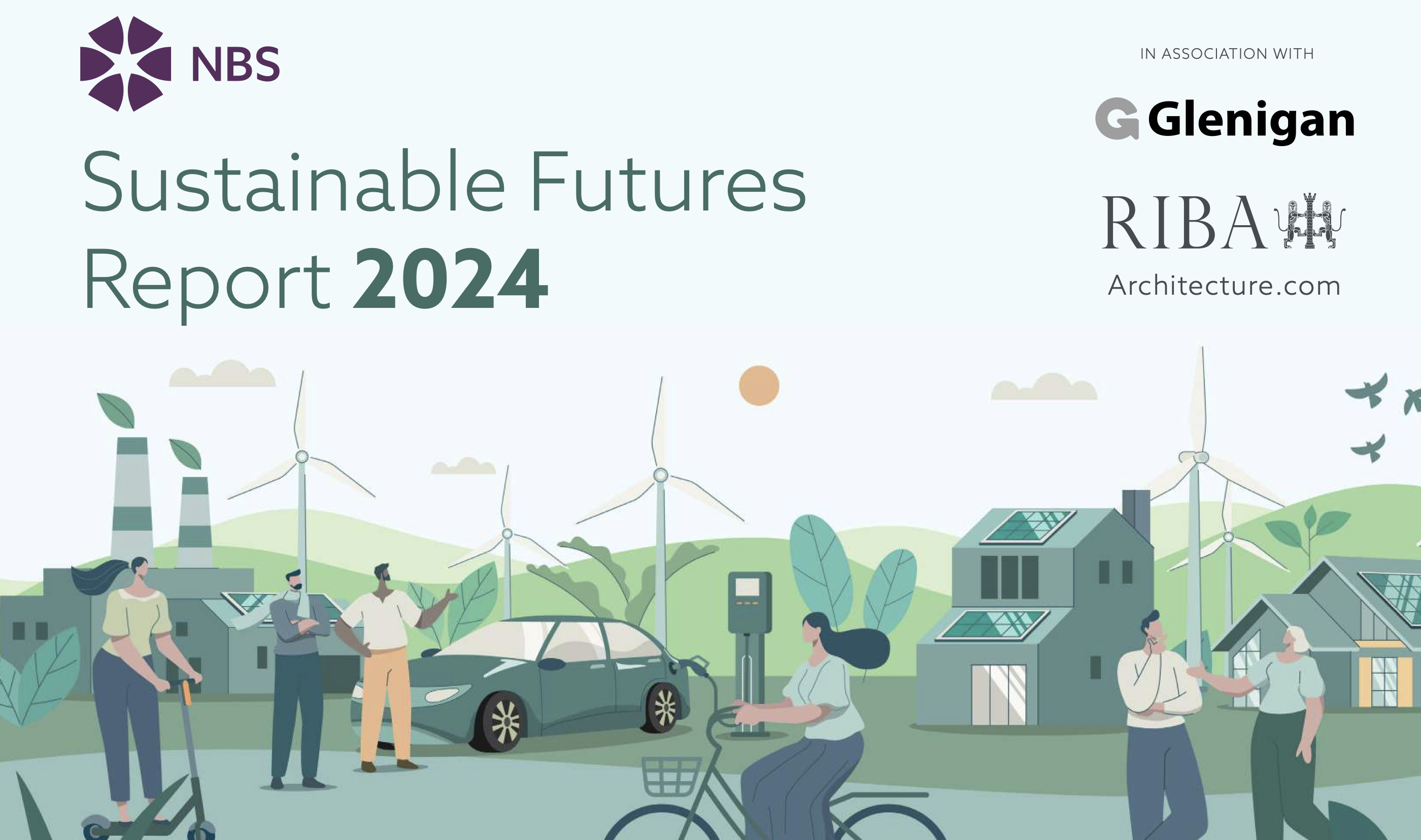Research reveals rise in Net Zero projects
New research has revealed a steady growth in the construction sector's efforts towards sustainability, showing that the number of Net Zero projects – and those achieving environmental targets – is on the rise.
The Sustainable Futures Report 2024, conducted by NBS in association with RIBA indicates the number of Net Zero projects being commissioned has increased with six in ten industry professionals having worked on a Net Zero project in the past year. This compares to around half of the respondents in 2022.
Almost 600 people working within the built environment completed the survey that aims to understand sustainability attitudes and protocols in the construction sector. Since launching in 2022, it has provided an industry benchmark for evolving views and opinions, shaping best practice guides on the journey to Net Zero.
Figures revealed that around four in ten respondants had ‘accomplished sustainability’ and this sentiment was felt most strongly amongst clients but was slightly lower for architects. These statistics could indicate that target-based construction is making a difference. This is alongside other factors such as product availability, and the increasing use of building product data to allow architects to ascertain the ‘greenest’ product or material.
Barriers to sustainability, however, do persist with cost being cited as the number one barrier but clients are clearly starting to see the downstream value of sustainable assets, which is also backed up by the increase in certification to BREEAM within the commercial sector.
Positively, seven in ten firms now measure emissions compared with just five in ten back in 2022. Those setting carbon reduction goals have also risen and over half of firms now have carbon offsetting strategies in place compared to just over a third in 2021.
Focusing on the sustainability priorities list, ‘Embodied carbon’ ranked fourth, with ‘Net zero operational carbon’ taking the top spot. However, this is likely due to legislation covering operational efficiency but not embodied carbon. When asked to rank the importance of the life cycle analysis stages from environmental product declarations, embodied carbon took first place.
The report also touched on the role manufacturers play in helping architects achieve low-carbon outcomes. Nine in ten agreed that robust specification is important for achieving sustainable outcomes. Within that, nearly all architects agree that manufacturers should supply digital information on the green credentials of their products to boost their chances of specification.
Dr. Lee Jones, head of sustainability at NBS parent company, Byggfakta Group, said: "The construction industry's green momentum is building, with NBS reporting a small boost in net-zero projects and environmental targets being met. These are welcome figures and show that, whilst much more must be done, the sector is progressively aiming for a sustainable future.
“Certainly, I’d expect to see new significance given to areas like sustainable land use and biodiversity, especially given the recent introduction of new legislation as part of the 2021 Environment Act. Going forward, I would like to see legislation around net zero building practices going further, covering embodied carbon as well as operational efficiency. For the industry to truly achieve sustainable outcomes, it needs the Government to take a stronger lead, supporting with policy and incentives.”
Dr. Stephen Hamil, innovation director at NBS, added: "Research studies like the NBS Sustainable Futures Report are invaluable in guiding our industry toward a greener future and understanding our progress on the path to net zero. Yet it’s only by leveraging robust construction data, that we collectively drive the progress needed to meet our environmental goals and build a more sustainable world.”
To download the NBS Sustainable Futures Report 2024, click here.

